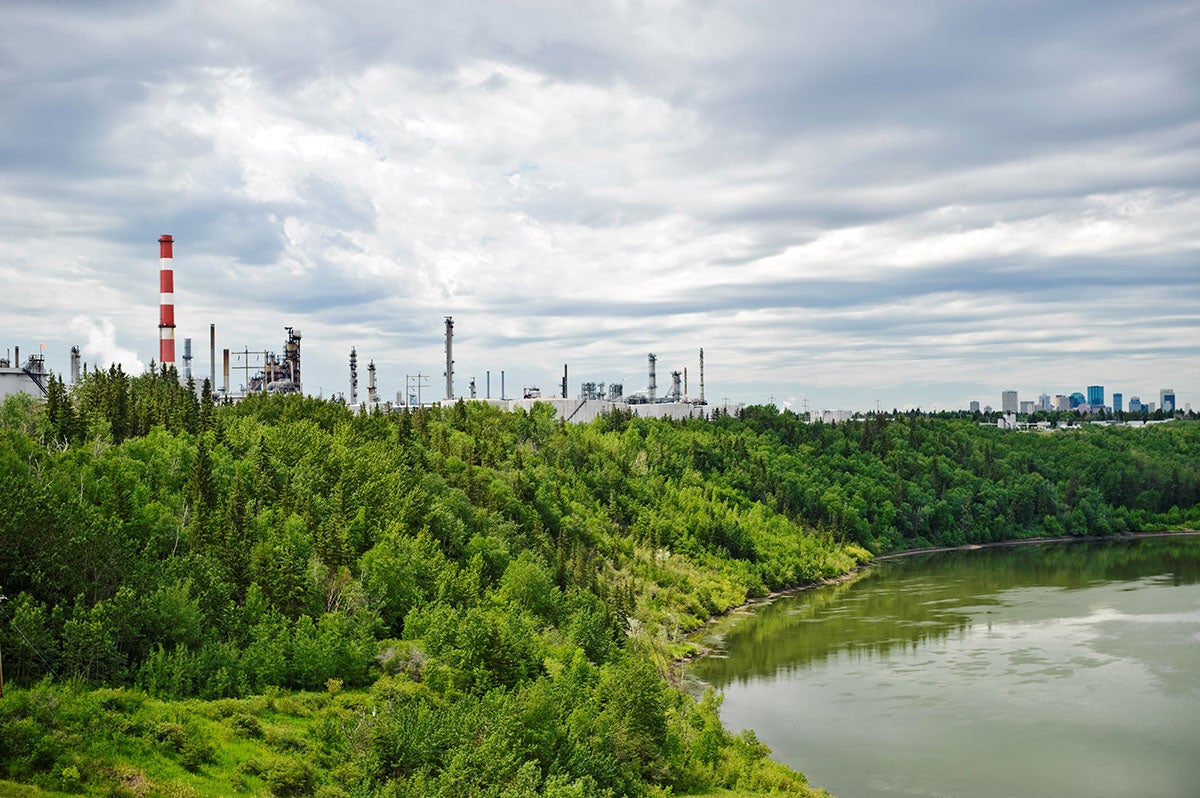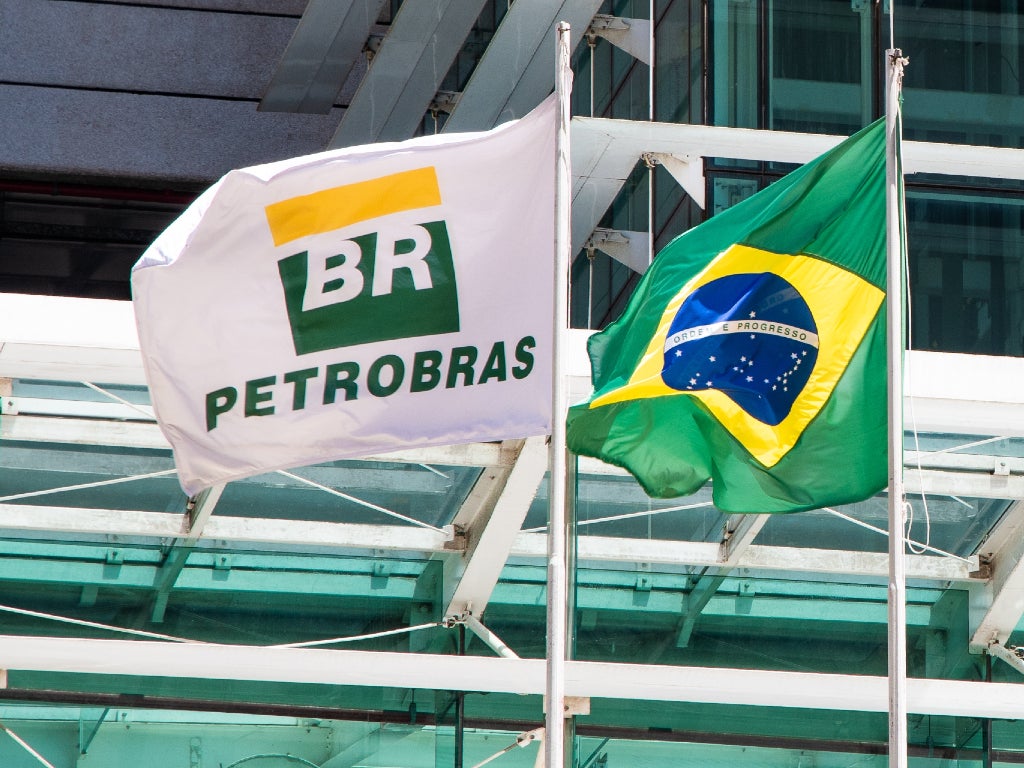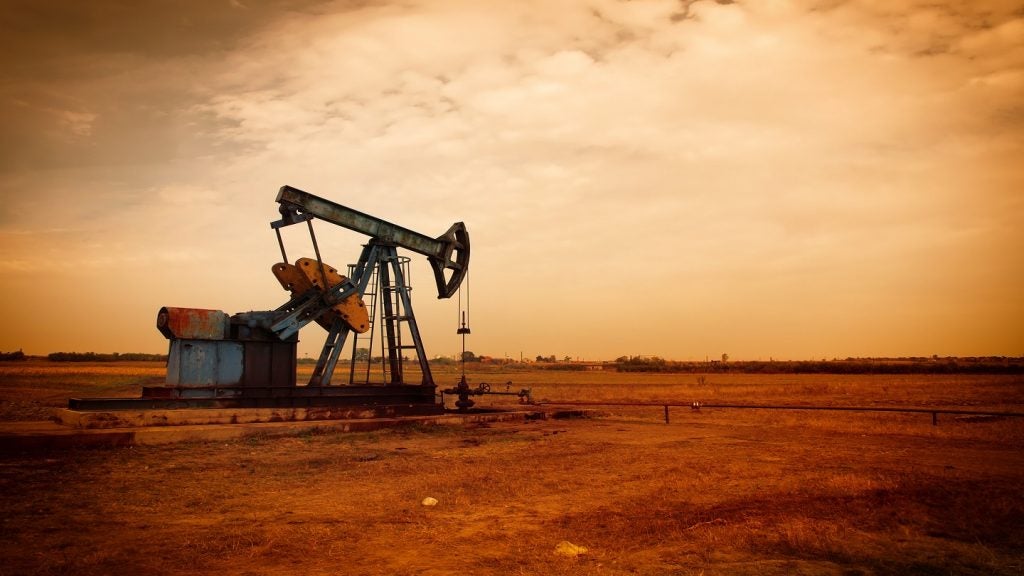
ExxonMobil affiliate Imperial Oil has unveiled plans to produce renewable diesel at its Strathcona refinery, Edmonton, Canada.
The plan involves building a new complex at the refinery with a capacity of producing 20,000 barrels of renewable diesel per day. This will help in reducing emissions in the Canadian transportation sector by around three million metric tonnes annually.
The final investment decision of the project will depend on several factors, including government support, necessary approvals and market conditions.
Imperial chairman, president and chief executive officer Brad Corson said: “Imperial is excited to announce our plan to build the largest renewable diesel manufacturing facility in Canada.
“This world-class facility will be a significant value-generating, forward-looking project that brings together our proprietary technologies and refining scale to the benefit of the environment, the economy and local job creation.
“Today’s announcement further demonstrates Imperial’s commitment and support for Canada’s transition to lower-emission fuels, as well as Canada’s ambition to achieve net-zero by 2050.”
The company will use locally grown plant-based feedstock and blue hydrogen with a proprietary catalyst to produce premium low-carbon diesel fuel.
The production process is expected to capture around 500,000t of carbon dioxide annually.
The complex is expected to start renewable diesel production in 2024.
ExxonMobil aims to deliver more than 40,000 barrels of low-emissions fuels every day by 2025. The Strathcona renewable diesel project is part of the initiative.
ExxonMobil Fuels and Lubricants Company president Ian Carr said: “Canada’s proposed low-carbon fuel policies incentivise the development of lower-emission fuels that can make meaningful contributions to the hard-to-decarbonise sectors of the economy, including transportation.
“The Strathcona project is an example of how well-designed policies allow us to leverage our existing global facilities for capital efficiency, utilise our proprietary catalyst technology, and bring our decades of processing experience to develop low-emission fuels.”





